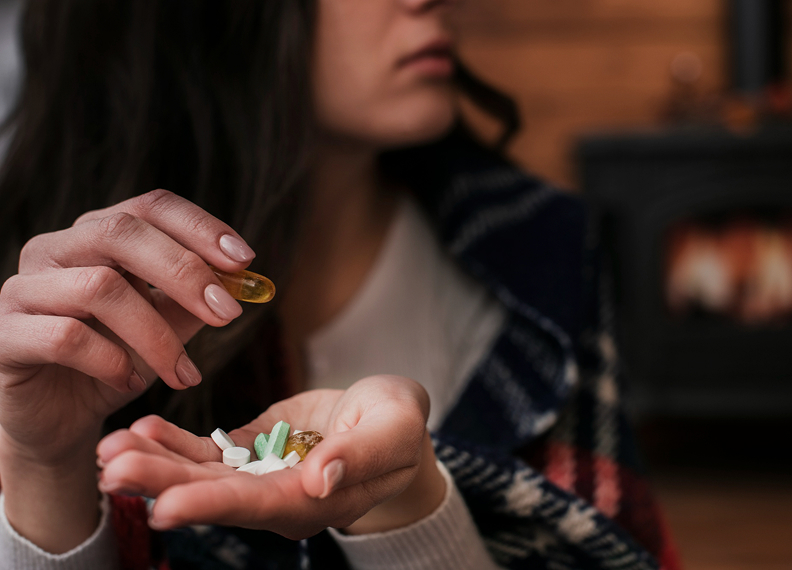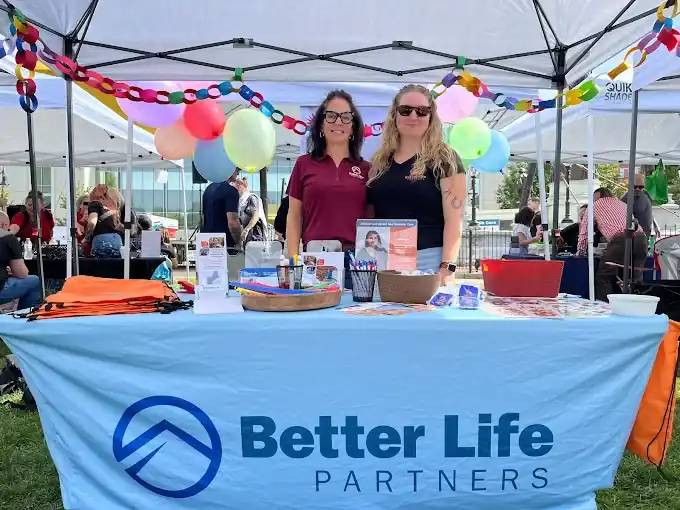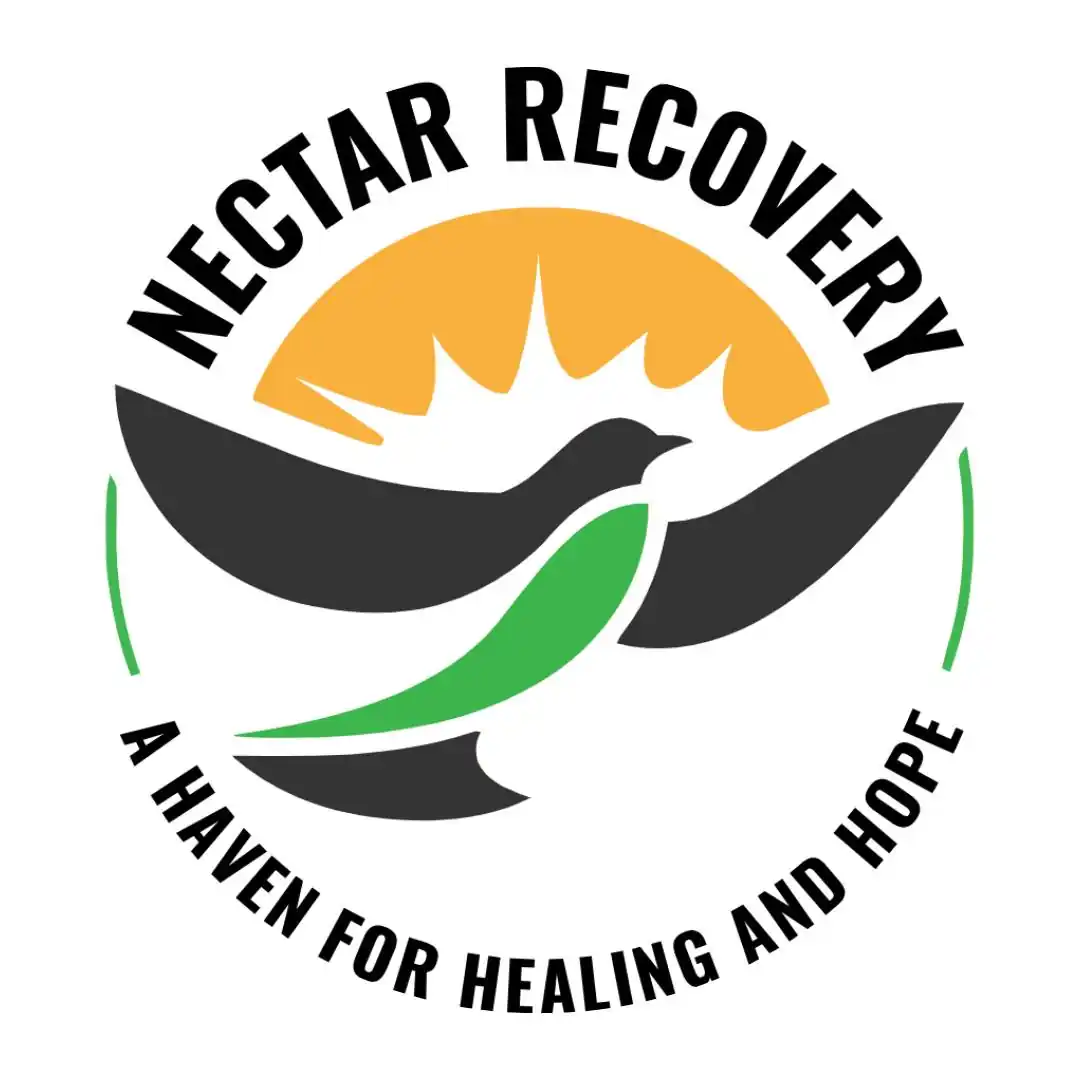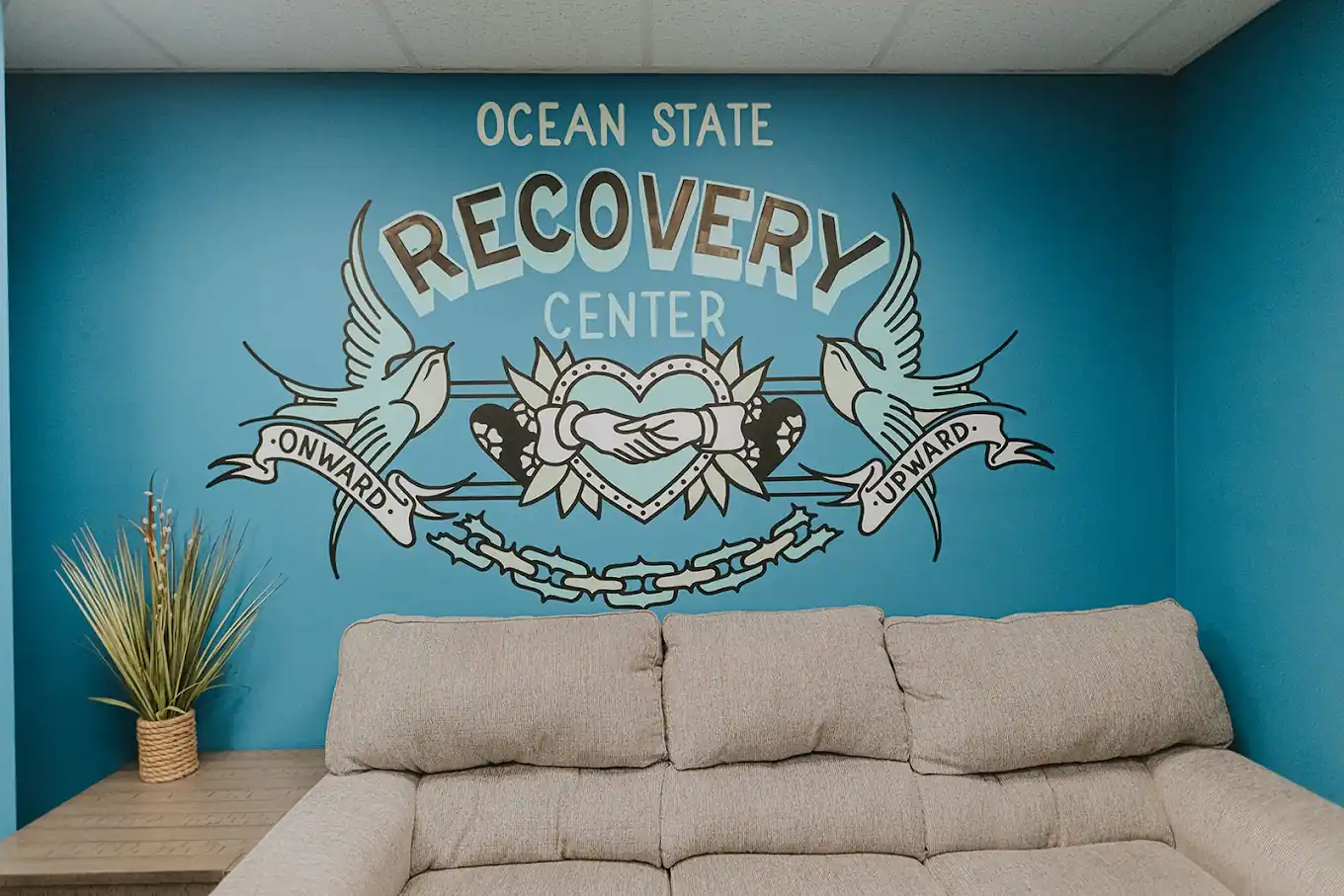Stimulant Addiction Recovery Support
At TruPaths, we understand how stimulant use often starts as a way to feel more confident, more productive, or simply more alive. But over time, drugs like cocaine, methamphetamine, or prescription stimulants can lead to devastating physical and emotional consequences.
Whether you’re here for yourself or someone you love, this page is designed to help you understand stimulant addiction without shame and point you toward recovery options rooted in evidence, compassion, and dignity.










